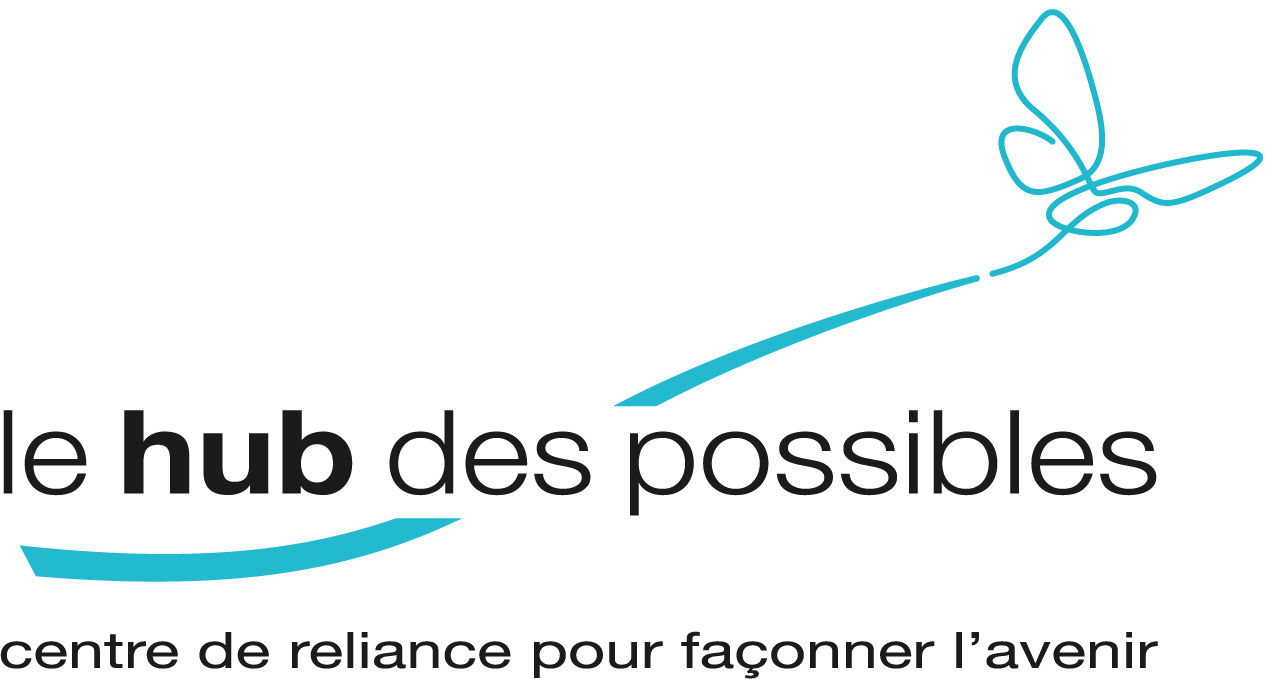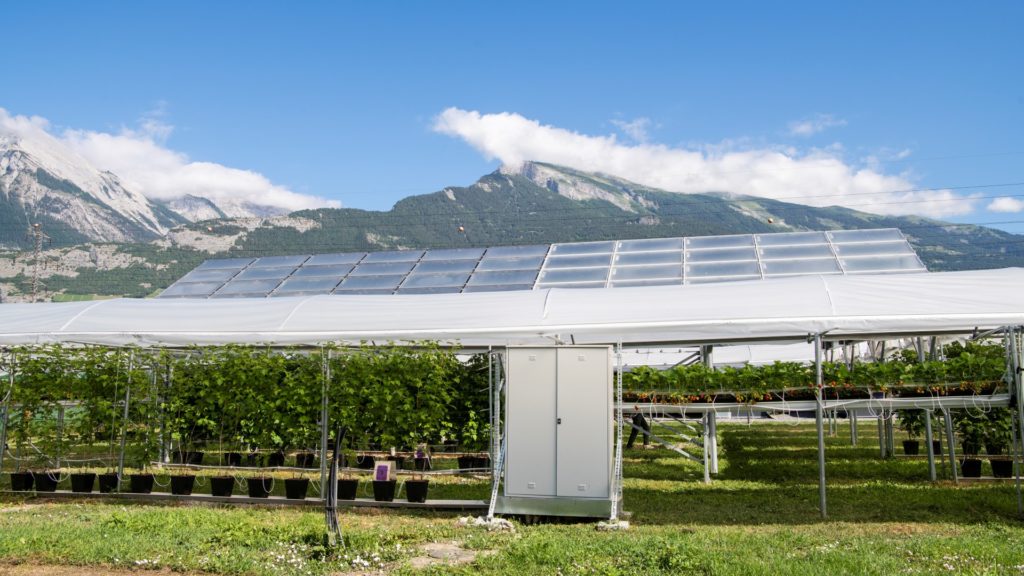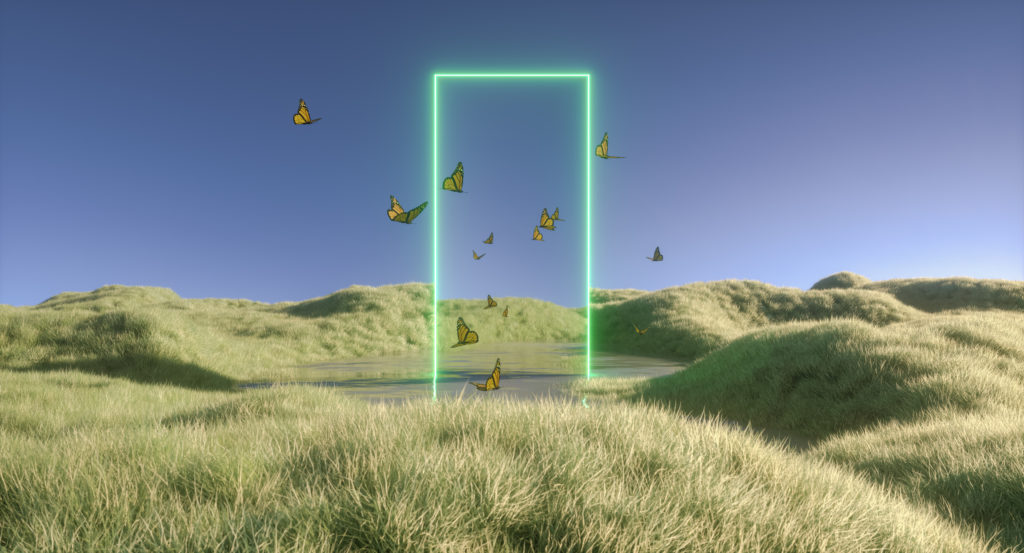Our beliefs define not only our interpretation of reality, but also our collective actions, right up to the worst acts in history.
🙈 When he conquered Mexico in 1521-1522, the Spaniard Herman Cortez considered the Aztecs to be barbarians, not real human beings, which justified slavery and colonization in his eyes, as in those of many conquistadores.
What do we believe in today?
📈 For the past fifty years, our collective narrative has been based on faith in infinite growth, based on the extraction of raw materials and the unlimited use of oil. Our model of prosperity and our lifestyles have been built on this appropriation of raw materials and, more generally, of living matter. Oil is also the basis for many of the goods that underpin our consumer society. It’s used to make our tights, soccer balls, pet bottles and takeaway sushi wrappers, tires and toothpaste. But to reduce our CO2 emissions and preserve our soils, oceans and biodiversity, we’re going to have to build a society without fossil fuels. Doing without oil, moving away from this extractive logic, will require a great deal of imagination and innovation, as well as changes in our consumption patterns.
❓ So which stories will unfold this future? To build a decarbonized economy, within planetary limits?
Today, most of the stories that shape our future are either dystopian, or marked by deprivation and austerity. In the scenarios of futuristic films and novels, everything happens as if we were condemned to live in 2100 on an arid earth, where hurricanes follow floods and wars. Or we could have limited the impact of global warming and built up resilience, but only through the hardships imposed by increasingly undemocratic political authorities.
On the political front, the stories are scarcely more diverse. Between those who believe that technology will solve all the challenges of global warming and those who advocate sobriety imposed on everyone, there is little nuance and little dialogue. We are trapped in front lines and habits of thought that leave little room for imagination.
✒ Yet dozens of other stories are possible. It’s up to us to invent them. And hundreds of people in Switzerland are already involved in projects that are defining the contours of a sustainable, liveable society.
So what if we all started thinking about possible futures, imagining desirable horizons? What if we started from scientific analysis and clear-sighted observations, without stopping ourselves from dreaming of other futures? In 2040, we can imagine cities whose roofs and industrial wastelands would be covered with solar panels and vegetables of all kinds. Urban agriculture would help to increase food self-sufficiency, while at the same time rebuilding ties between urban and rural dwellers. We can imagine automated stores in villages to revitalize the market place and enable direct sales of local farmers’ produce. We can imagine citizens’ assemblies so that everyone understands the challenges of planetary limits and can contribute to the emergence of solutions adapted to their region.
The Hub des possibles aims to meet the actors of change and open up new horizons, with its conferences and podcast “2040 j’y vais! “, its imaginary workshops and future labs. Join us and keep up to date with our activities by subscribing to our newsletter: https://hubdespossibles.org .
Chantal Peyer
To find out more: Shawn Anchor, how to become a contagious optimist?


